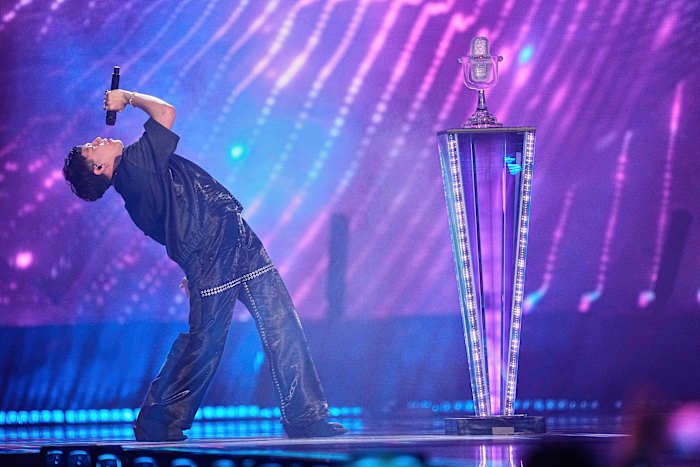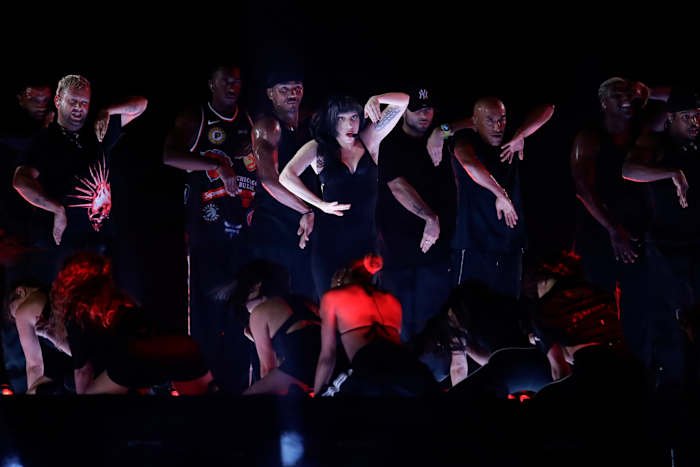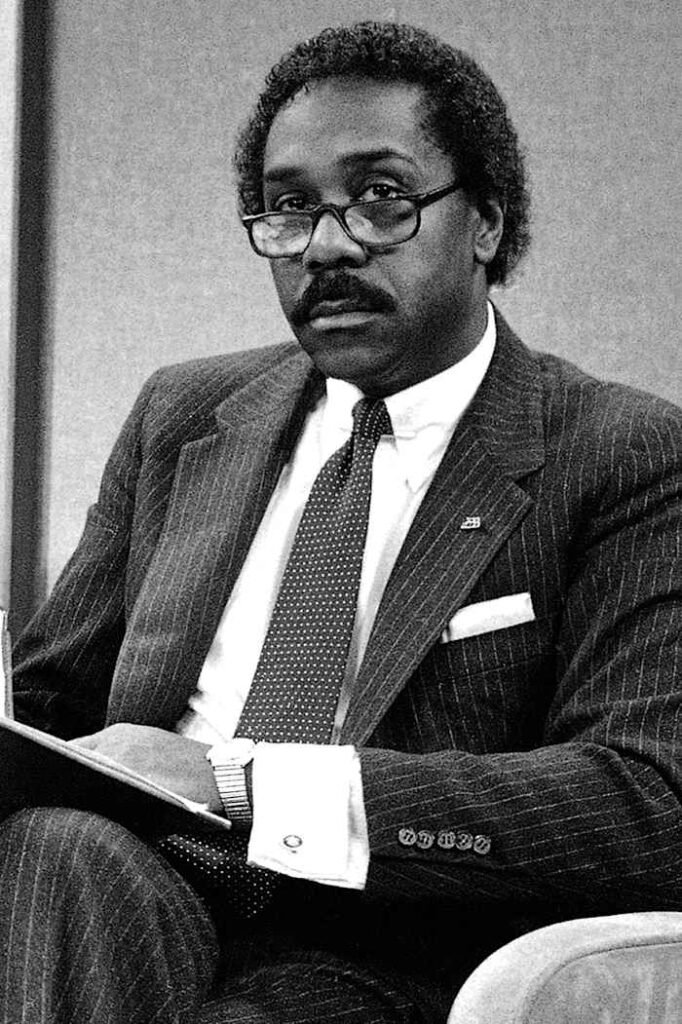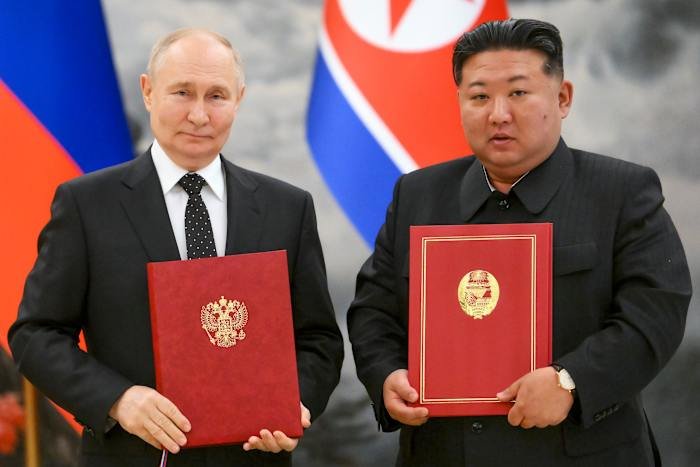On the international stage, the Eurovision Song Contest is known as a celebration of music, unity, and friendly competition among European nations and beyond. But this year, the event is mired in controversy as the Netherlands becomes the latest country to threaten a boycott if Israel is allowed to participate, citing the nation’s actions in Gaza. The growing political tension is sending ripples all the way to Orlando, where the city’s diverse communities are closely following the developments.
Background: Why Is Eurovision Under Fire?
The Eurovision Song Contest, established in 1956, is one of the world’s longest-running televised music competitions. It brings together countries from across Europe and, in recent years, some from outside the continent, including Israel. While the event is typically apolitical, it has occasionally become a platform for political statements and protests.
This year, as the conflict in Gaza continues and humanitarian concerns escalate, several countries—including the Netherlands, Iceland, and Ireland—are demanding that Israel be excluded from the contest. Their argument is that allowing Israel to participate would be inconsistent with the contest’s message of peace and unity, given the ongoing violence and civilian casualties in Gaza.
The Netherlands Joins the Boycott Threat
Earlier this week, Dutch broadcasters and artists added their voices to the growing chorus urging the European Broadcasting Union (EBU) to bar Israel from the 2024 Eurovision Song Contest. The Dutch position echoes that of other countries who have cited international law and human rights concerns as the primary reasons for their stance.
Netherlands’ main public broadcaster, AVROTROS, released a statement expressing “deep concern” over the situation in Gaza and calling for the EBU to take a clear stand. Dutch artists, some of whom have participated in Eurovision before, have also signed open letters and organized online campaigns to push for Israel’s exclusion.
If the EBU does not act, the Netherlands has signaled it may pull its own act from the competition, following in the footsteps of Iceland’s and Ireland’s threats. This move could significantly impact the contest’s lineup and its broad European viewership.
Global Reactions and Orlando’s Local Impact
The Eurovision controversy is making headlines not only in Europe but worldwide, including here in Orlando. The city boasts a large and diverse international community, with many residents having direct ties to Europe and the Middle East. Local cultural organizations and international student groups, particularly those at the University of Central Florida, are actively discussing the developments in forums and on social media.
Orlando’s vibrant arts scene, including local Eurovision viewing parties and international music festivals, often draws inspiration from global events. For many Orlando residents, Eurovision isn’t just a distant spectacle—it’s a cultural touchstone and a point of pride for immigrant families and music lovers alike. The potential boycott has sparked debate among locals over the role of politics in international events, freedom of artistic expression, and the need for social responsibility.
Orlando-based advocacy groups have also weighed in, with some supporting the boycott on humanitarian grounds, while others argue for keeping politics separate from music and art. The city’s Jewish and Palestinian communities have organized peaceful rallies and panel discussions to promote dialogue and understanding.
What’s Next for Eurovision and Its Fans?
The European Broadcasting Union faces mounting pressure to make a decision that could shape the future of the Eurovision Song Contest. Excluding Israel would be a significant and controversial move, likely to set a precedent for how the contest handles future political conflicts among participating countries.
Alternatively, if Israel is allowed to compete, the event may see several countries—including the Netherlands—withdraw, potentially diminishing the contest’s diversity and appeal. This could also impact the global Eurovision fanbase, including the many fans here in Orlando who gather every year to watch the spectacle unfold live.
For Orlando’s diverse international community, the outcome of this controversy will be closely watched. Local Euro-pop dance nights, international student organizations, and music lovers will all be affected by the decision, whether it leads to a more inclusive or a more fractured Eurovision.
How Orlando Residents Are Responding
Orlando’s response to the Eurovision controversy reflects the city’s commitment to open dialogue and multicultural understanding. Some local cafes and bars that traditionally host Eurovision viewing parties are considering how to address the political undertones of this year’s event. Meanwhile, social media groups for Orlando’s European expats and international students are abuzz with debate and opinion polls about the boycott threats.
Local leaders and educators see this as an opportunity to foster conversations about global citizenship, the intersection of art and politics, and the responsibilities of international organizations in times of conflict. The issue also resonates with Orlando’s broader commitment to diversity and inclusion, values that are at the heart of the city’s identity.
Conclusion: What Do You Think?
As the Eurovision Song Contest faces one of its most politically charged moments, the consequences are being felt far beyond Europe—including right here in Orlando. Whether you’re a Eurovision fan, a supporter of international human rights, or someone concerned about the intersection of politics and art, this issue touches on questions of global significance and local impact.
What’s your take on the Netherlands’ boycott threat and the ongoing debate about Israel’s participation in Eurovision? Should international music competitions remain apolitical, or is it time for them to take a stand on pressing global issues? Share your thoughts in the comments below—we’d love to hear how our Orlando community feels about this international controversy!
















